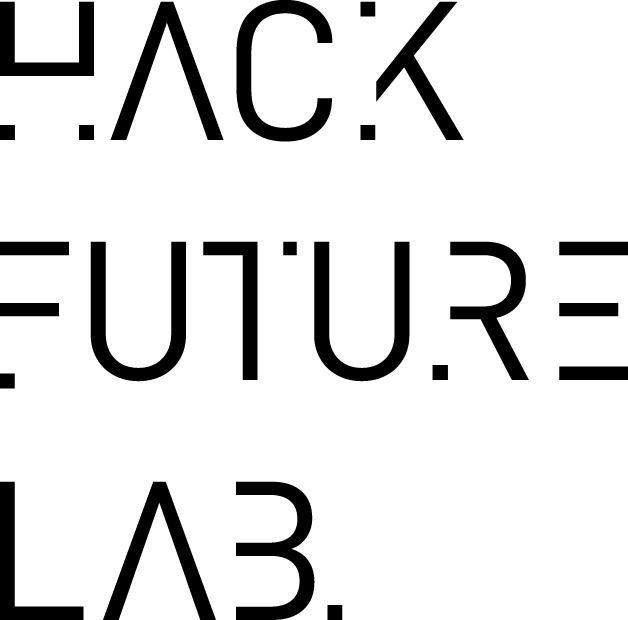From ego to eco
Organizational culture and its values are like fingerprints: they are invisible, but they leave their mark everywhere, and are easily distinguishable from others. In the first instance, it’s useful to query what we mean by such a nebulous term; especially one which many people can picture but may struggle to describe.
I define it as the mindsets, values, rituals, and behaviours practiced in your organization – especially when you’re not in the room. One might compare it to pouring concrete: it’s composed of many different ingredients and can take a while to set, but once it does, it’s difficult to alter.
Leading with culture to drive success
Research by Hack Future Lab, a management think tank, showed that employees at organizations leading with culture are twice as likely to be excited about the prospect of reskilling, and three times more likely to be satisfied with the company, with no plans to leave.
But why is this the case? Well, in some part, it’s because they’re more likely to feel a strong sense of what the late psychiatrist Oliver Sacks called ‘the three Bs’: belief, belonging, and becoming. That is, at the deepest human level, humans need something to believe in, a strong sense of connection, and to be in a perpetual state of ‘beta’ (lifelong curiosity and reinvention).
Successful, culture-first organizations (such as Salesforce, Netflix and Starbucks) are tuned-in to the experiences of their workforce and continuously improve them. This means simplifying and digitizing repetitive tasks while increasing the meaningful moments that employees crave. They are bravely and radically redesigning their cultures to deliver what employees and colleagues truly want; a vital aspect of the future of work trends. It’s about accepting that the only constant in life is change, and the need to improve to be match-fit for the time ahead.
Confronting the challenges that the future holds
As HR and business leaders devise new workplace models, including a return to co-located working, full remote working, or a hybrid of the two, they must ask a series of questions (some of which I’ve highlighted previously and are set to be on the agenda in the coming year). How do we cultivate a healthy, productive, and energized workforce that is willing to own the transformation journey? Are we resilient enough to handle the challenges brought by a pandemic, from poor mental health to a battered economy? Does our team feel that they’ve got a voice in the process and a stake in the future?
Companies such as games developer Ubisoft and micro-blogging platform Twitter report that energized employees are twice as likely to say their organization is transparent about which jobs will change, and rank uncertainty last in reasons for feeling burnt out.
Building an organizational culture of co-creation
Enterprise software leader Atlassian has baked culture into the DNA of the business, alongside growth and profitability. At its core are five values that shape its culture, influence who they are, and even who they hire and promote. Their values describe at the most fundamental level what they stand for and act as a beacon to guide their actions and navigate change during turbulent times. Atlassian’s values include: play as a team; build with heart and balance; be the change you seek and don’t #@!? with the customer.
HR and business leaders can renew their cultures by mapping their human values, using a diversity of perspectives, and mobilizing a shared identity. A winning culture is about ‘we, not me’. Hack Future Lab has designed a simple diagnostic that can help to identify a company culture and its blind spots from command and control (HiPPO culture) to care and co-creation (Owner culture).
How would you describe your culture? An overwhelming 84% of HR and business leaders agree that culture is critical for business success and 60% agreed that culture is more important than strategy or the business model. The bad news was that more than half the group reported that culture was not strength and was not even on the C-suite’s agenda.
Don’t go it alone: co-create the future
In summary, every organization says it wants to outpace disruption with capability, which requires the cultivation of a learning mindset at both the individual and organizational level, and another look at goals and the setting aside of both time and financial investment for learning. However, I believe that organizations can also outpace disruption with a culture that is more care and co-creation than command and control. The bottom line is that culture is seen as incredibly important, but mismanaged and undervalued in most organizations. This needs to change.

